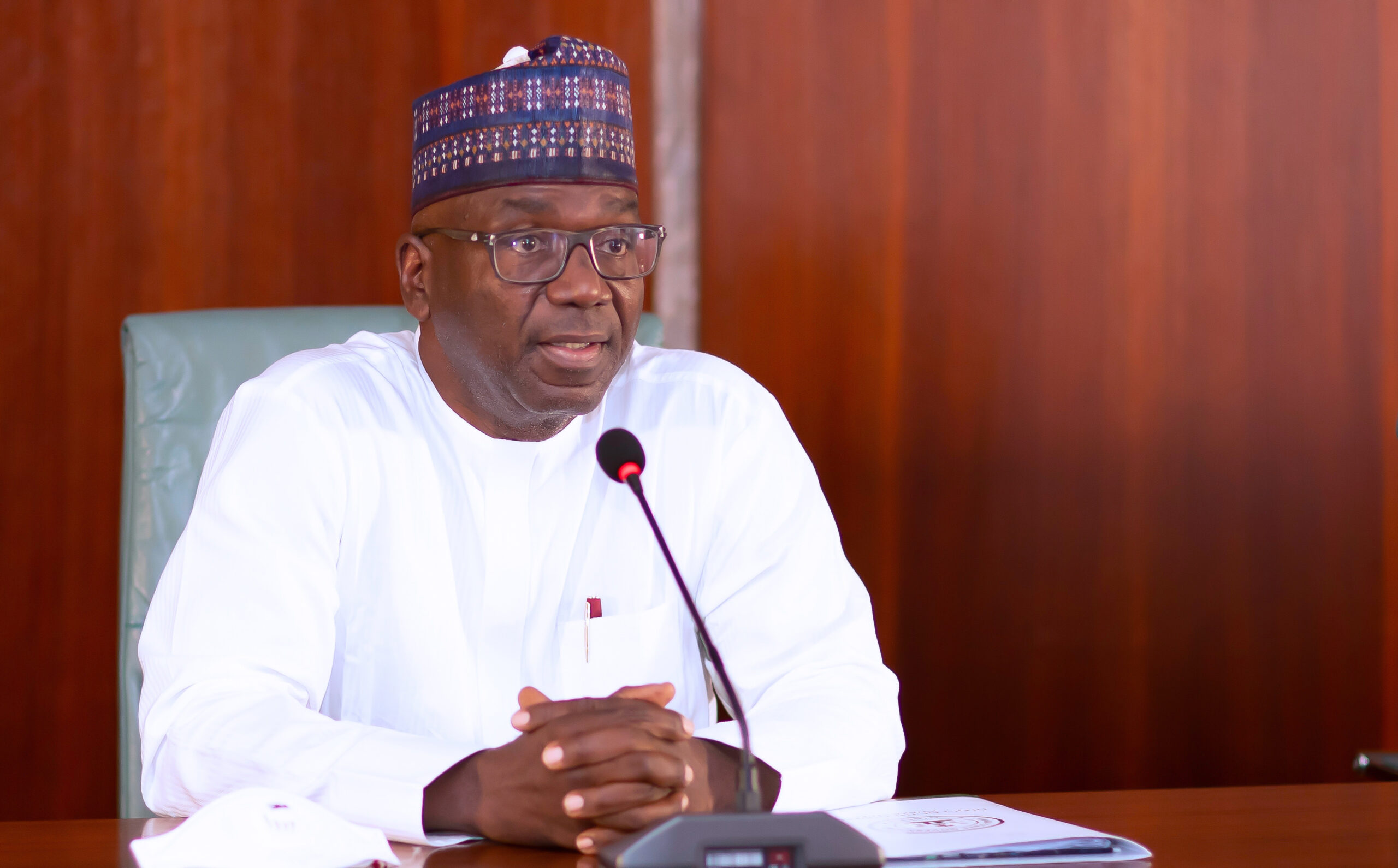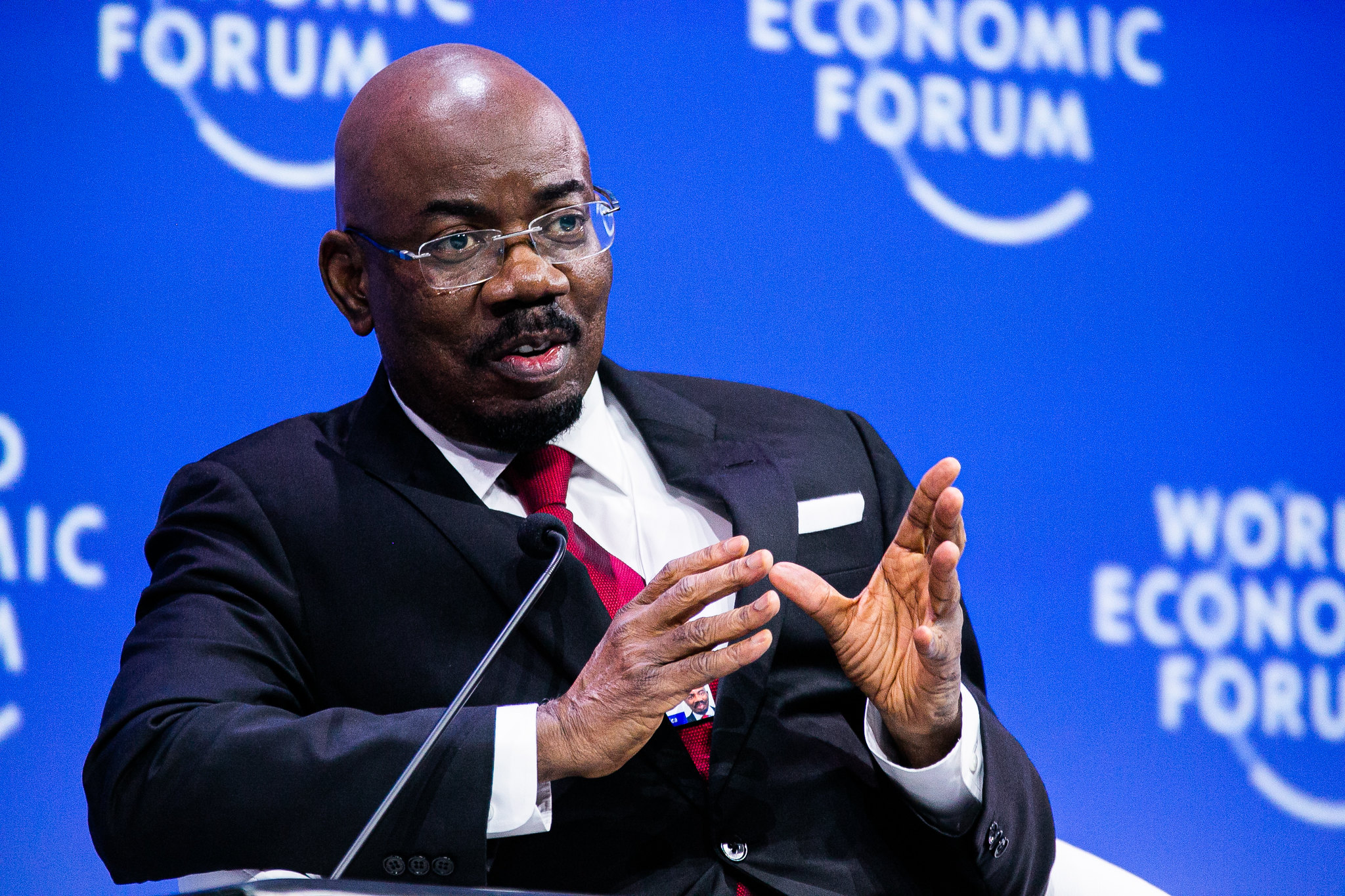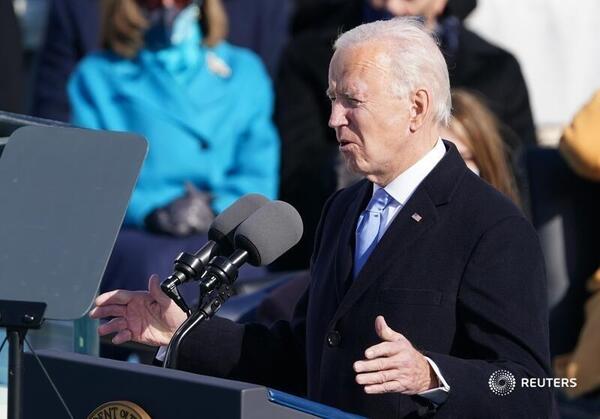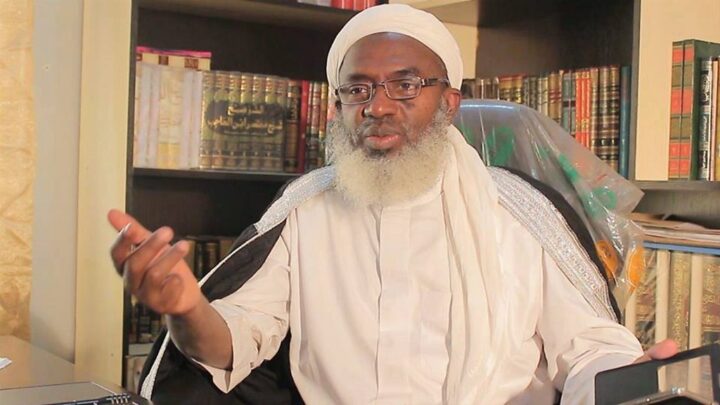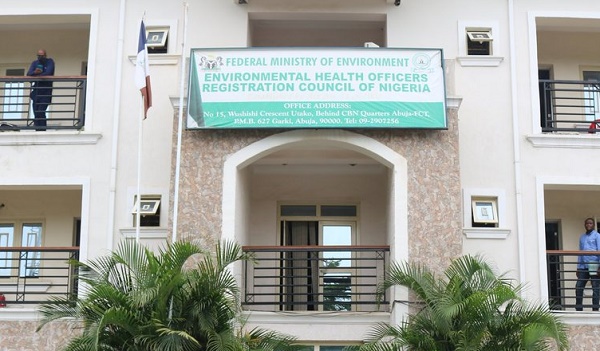BY FIDELIS ADAMA
I once met a man melting away under the hot sun of the Coal City state, working a laborious job for which he would be paid peanuts. His concern, to say the least, was not the many mouths he had to feed and take care of, but the fact that he would get fried all day by the sun and then he would get cooked at night because ‘NEPA’ has once again seized the ‘lights’ for weeks — the very light he pays exorbitantly for, and the fact that petrol now sells at a premium. This man then remarked how that hell would be home for him simply because his Nigeria experience is a certified and sufficient industrial training (IT) for hell — a Tip of the Nigeria Experience.
When our parents and grandparents on October 1st, 1960, danced and drank to our independence, when they chanted “freedom, freedom, freedom at last”, and recited the national anthem and the pledge, when they did all these things and more, it was because they sincerely believed that freedom had come. And they believed that this freedom won’t just entail self-governance or the end of colonialism, but the end, or at least, the beginning of the end of everything that colonialism stood for — servitude, inequality, injustice, exploitation, etcetera. As a nation, we affirmed those beliefs when we made constitutions (the current one being that of 1999), in part, “for the purpose of promoting the good government and welfare of all persons in our country, on the principles of freedom, equality and justice, (all the more) for the purpose of consolidating the unity of our people.” Evidently, we longed for a system that will be run entirely by us, but more so, a system that will make our security and welfare the primary object of those in charge. We longed for freedom!
With freedom gotten, the high hopes held by our forebears, as well as our collective constitutional aspirations should never have been near improbable or farfetched. This is especially the case bearing in mind the calibre of nation we were meant to be — a blessed nation which almost has it all, in terms of the minerals, the minds, and the might. God and nature have done all they can for us, considering the fact that nations not half as blessed as us are making do with the little that nature gave them in ways that leave virtually everyone on their shores happy and cared for.
Advertisement
It’s trite that the ultimate aim of human life is to live as long as one can and to achieve one’s own happiness. Regrettably, since Independence, life has never gotten any better for the average Nigerian. In fact, things deteriorated and continue to deteriorate, even in the very years when they ought to have improved –the years of lush and democracy. Citizens continue to have their lives stifled and cut short, their rights, especially to human dignity, denied, without remedy, and without justice, all under a government (their very own government), and then their pleas and peaceful demonstration of dissatisfaction quelled. A perfect case of languishing in the midst of lush!
The foregoing accounts for the reason Nigerians are sad and suffering people. Nigerians may disagree on a range of subjects (and we often do), but they feel and agree that they deserve better — a better life than their government is willing to make possible.
Generally, this anger and frustration are further fueled by the fact that not only do Nigerians get far less than they deserve and work for, but also the fact that they among other things, bully, victimize, extort, exploit, and/or defraud their fellow citizens so as to make up for the deficit and be able to live better lives. Actions that are inconsistent with the religious and moral foundations of most Nigerians.
Advertisement
Sadly, ours has been a crystallisation into a typical nation that lacks the decency to care for her citizens — not even the class of citizens who serve the nation with their lives and whose services keep the nation going — teachers, the military, health workers, etc, simply reflected in their deplorable working conditions and remunerations. A nation that thrives only at upholding the precious lives and causes of the political elites, so much so that government officials at all levels feel comfortable embezzling stacks of public funds, to the sabotage of the nation and the impoverishment of future generations. An institutionalized norm, and the very core of the Nigerian problem.
And just like those foreign experts who were invited and paid to unravel Nigeria’s problems, whenever I travel this vast nation, all I see is a nation whose land is so rich and fertile and whose people are staggeringly strong, resilient and resourceful, but only cursed with a draconian leadership who capitalize on the country’s religious and ethnic differences.
In all, it continues to dawn on us that we are responsible for our future and destiny as a nation, and that hardly will our salvation come from above or abroad. If we must, then we must all assume responsibility, shove self, religion and ethnicity aside and work to build a Nigeria where the rule of law will reign, and where the lives and liberties of Nigerians take precedence — a Nigeria we can all be proud of. The real power still resides with us, the people!
Adama Fidelis Ekene is a graduate of law from the Kogi State University, a criminal and social justice advocate.
Advertisement
Views expressed by contributors are strictly personal and not of TheCable.
Add a comment

